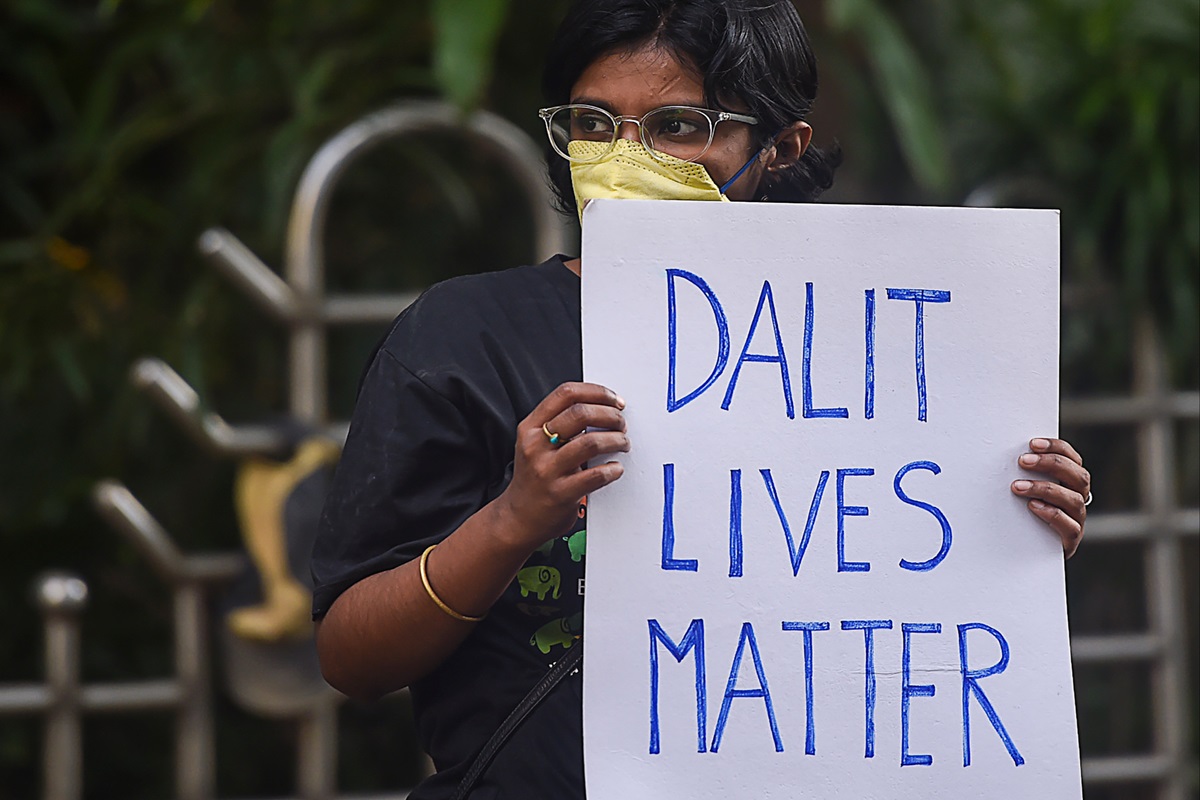In a significant development in Gujarat, residents of Kanosan village have chosen not to procure their monthly ration from a local fair price shop (FPS) operated by a Dalit named Kanti Parmar. Consequently, Patan Collector Arvind Vijayan has issued a directive transferring all 436 ration cards of Kanosan villagers to the neighboring village of Edla.
This story was originally reported by Parimal A Dabhi for the Indian Express. You can find the original report here.
Advertisement
This decision follows an internal inquiry and opposition voiced by the villagers themselves. Kanosan village, which is predominantly inhabited by the Thakor community (non-Dalits), had ceased purchasing rations from Kanti Parmar’s FPS approximately one-and-a-half years ago.
Kanosan is a substantial village in the Patan Taluka of Patan district, Gujarat, housing 444 families with a population of 2477, comprising 1319 males and 1158 females, as per the 2011 Population Census.
What does the Patan collector do?
The Patan collector order cites representations from Kanosan residents who had discontinued procuring their monthly rations from Kanti’s FPS. Instead, they opted to buy provisions from stores in neighboring Edla, Vagdod, and Nayta villages.
Alleged delays in grain distribution, discrepancies in the government-mandated ration quantities during the Covid-19 pandemic, and purported threats of legal action under the Atrocity Act by Kanti were among the reasons behind this shift.
The order also notes that the mamlatdar of Saraswati tehsil organized a meeting in March. Around 300 ration card holders from Kanosan attended this meeting, and they expressed their reluctance to continue obtaining ration from Kanti’s FPS. They demanded the freedom to purchase their ration from an alternate village.
According to the collector’s order, Kanti’s FPS experienced a gradual decline in ration distribution. The percentages were 36.84%, 30.14%, 9.18%, and 8.18% for March, April, May, and June of this year, respectively.
Kanti mentioned that there were incidents of atrocities against Dalits in the village. He added that he and a few others had filed around five to six complaints against the Thakors. However, he noted that, except for one case, there were compromises in all other instances. They took place with the intervention of community leaders.











